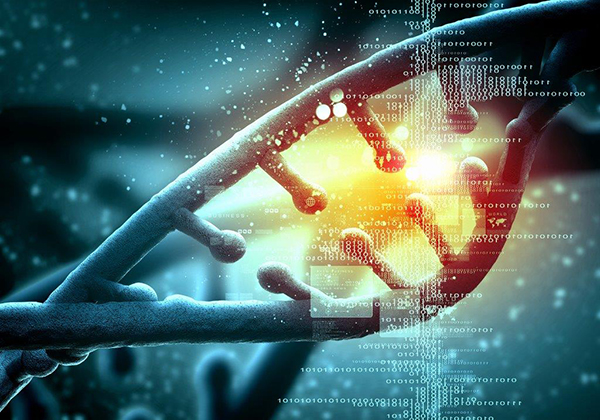20 Jul 2015
Xi’an Jiaotong-Liverpool University (XJTLU) has announced the launch of an undergraduate degree programme in bioinformatics that will enhance Suzhou Industrial Park’s (SIP) reputation as the best base in China for biopharmaceutical research and development.
The BSc Bioinformatics programme, which combines computer science, mathematics and molecular biology to gain fundamental insights into life processes, will start in September.

Bioinformatics is an essential tool for understanding and processing biological data. It is crucial for gaining an in-depth understanding of human diseases as well as for the identification of new molecular targets and therapeutic molecules for drug discovery.
The new programme is highly multi-disciplinary and involves academic staff from the Departments of Biological Sciences, Computer Science and Software Engineering, Mathematical Sciences and Public Health.
In addition to providing a thorough grounding in bioinformatics, it will give students a comprehensive introduction to genetics, cell biology, applied mathematics and key aspects of computer science. Students will graduate with the knowledge and skills to tackle real-world life science problems from an information perspective.
“Bioinformatics is an emerging interdisciplinary field with strong market needs, both in China and more globally,” said Dr Jia Meng, programme director.
“It should be of interest to students who aspire to be bioinformaticians, biostatisticians, computational biologists, genetic counsellors, and clinical bioinformaticians as well as other types of biological and biomedical scientists who wish to take advantage of recent developments in information and high-throughput technologies.”
The programme adds to SIP’s reputation as a centre of biopharmaceutical research and development in China.

The establishment of the BioBay science complex, which draws on a diverse array of international and professional scientific research resources, has proven to be valuable in recruiting many international research and development institutes and renowned scientists to Suzhou. The BioBay hub is within walking distance of XJTLU and is an ideal place for students to do internships and interact with world-famous researchers.
Additionally, as part of a collaborative agreement between XJTLU and SIP, a new biopharmaceutical sciences research institute will gather a research team of 20 international experts to work on 30 major projects in facilities worth RMB 35m.
The need for bioinformatics has been triggered by the huge scientific advances in collecting biological data.
Initiatives such as the Human Genome Project, which sequenced and mapped all of the genes in the human body, and the Cancer Genome Atlas, a project to catalogue genetic mutations responsible for cancer, have increased the amount of data that can be collected as well as the need to analyse it effectively.
“The amount of biological data currently being produced is awe-inspiring,” said Professor David O’Connor, Dean of Research and Graduate Studies at XJTLU.
“It took 10 years to decode the first human genome sequence and cost about $USD 2.7 billion. Since then, the price of DNA sequencing has plummeted to less than 1,000 USD per genome and hundreds of genomes can be sequenced each week.
“When you bear in mind that each of these genomes has over 3GB of information you begin to appreciate the scale of the analytical challenge,” he added.
20 Jul 2015








